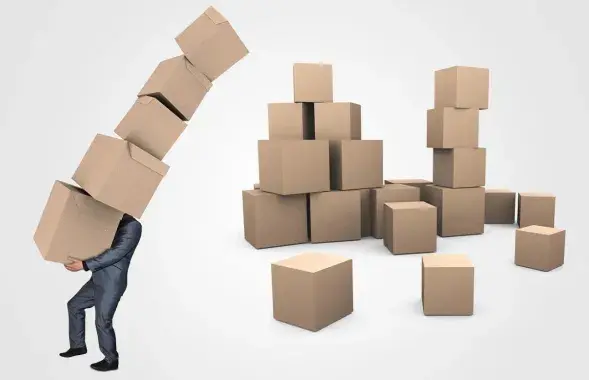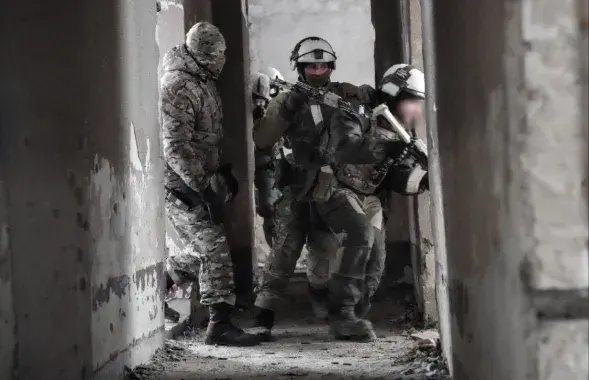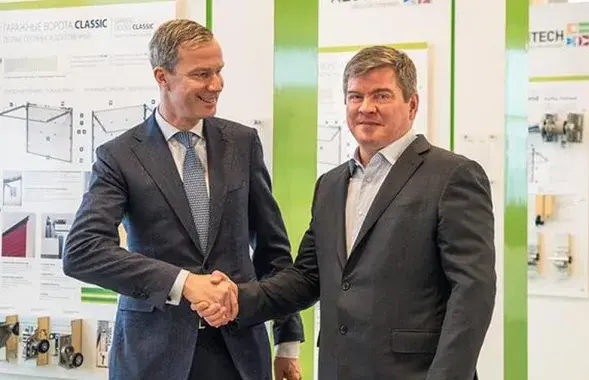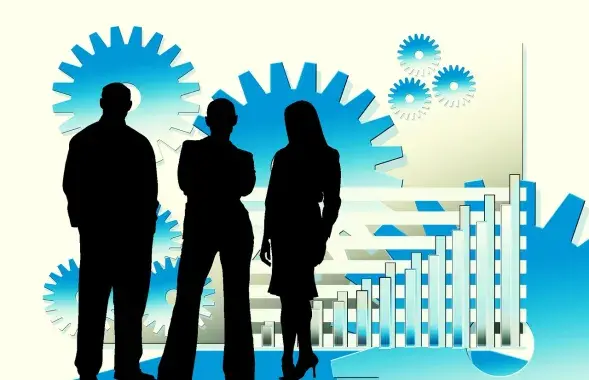Expert: Political prisoners will be released but possibly replaced with new ones
ERB: How will the release of Kozulin mean for the relations between Belarus and the West?
P.M: Obviously, this is one of the first conditions which the West and the US, in particular, put in front of the Belarusian leadership. No doubt, certain cooperation and a dialogue are possible after fulfilling this condition out 12 recommendations of the European Union.
ERB: Will this step lead to a political thaw? Will the remaining political prisoners walk free?
P.M: I think they will. But it does not mean that others could not be jail. It seems like a permanent process to me. Moreover, the release of political prisoners should be regarded as a separate issue, because we are talking about a general democratization. This is a comprehensive program which Belarus must carry out in order to become a democratic nation. However, it is hard to say how much time this country will need for that.
ERB: Can you observe any other signs of democratization, e.g. in the current electoral process?
P.M: Definitely, yes. I am talking about allowing members of the opposition to enter constituency electoral commissions and about the registration of all nomination groups. I admit that access to the media, including the state-run media, will be relatively free. There are signs that the Belarusian authorities are attempting to fulfill the conditions of the West.
ERB: Why is this happening?
P.M: Apparently, there is a certain conflict within the elites. There is Lord Bell with his plan. However, these are just the consequences of the situation where Belarus ended up. Belarus had to either submit to Russian conditions on the way to the union state and to lose a significant part of independence or to remain an independent nation. It means Belarus needs another development path, because the current economic conditions are complex. Previously, we could survive on cheap gas and oil. Today, we cannot. In the world, there are no new recipes apart from economic reforms. Correspondingly, market reforms demand an adjusted, if not demolished, political system. In order to survive, we have to build equally beneficial economic relations both with Russia and the West. When the West says economic cooperation is possible only after certain reforms, we have only two options: to become part of Russia or begin economic and political reforms in this country.
ERB: What role does Germany play in relations between Belarus and the West? Can Germany become some sort of a bridge between Belarus and the West?
P.M: I am not aware what the German ambassador is doing exactly and what happened during that meeting, but I guess that Germany is having an active dialogue with the Belarusian leadership. It is the most active among other Western nations. If projecting the release of Kozulin and ambassador’s meetings to your question, this dialogue seems to be a total success.


















